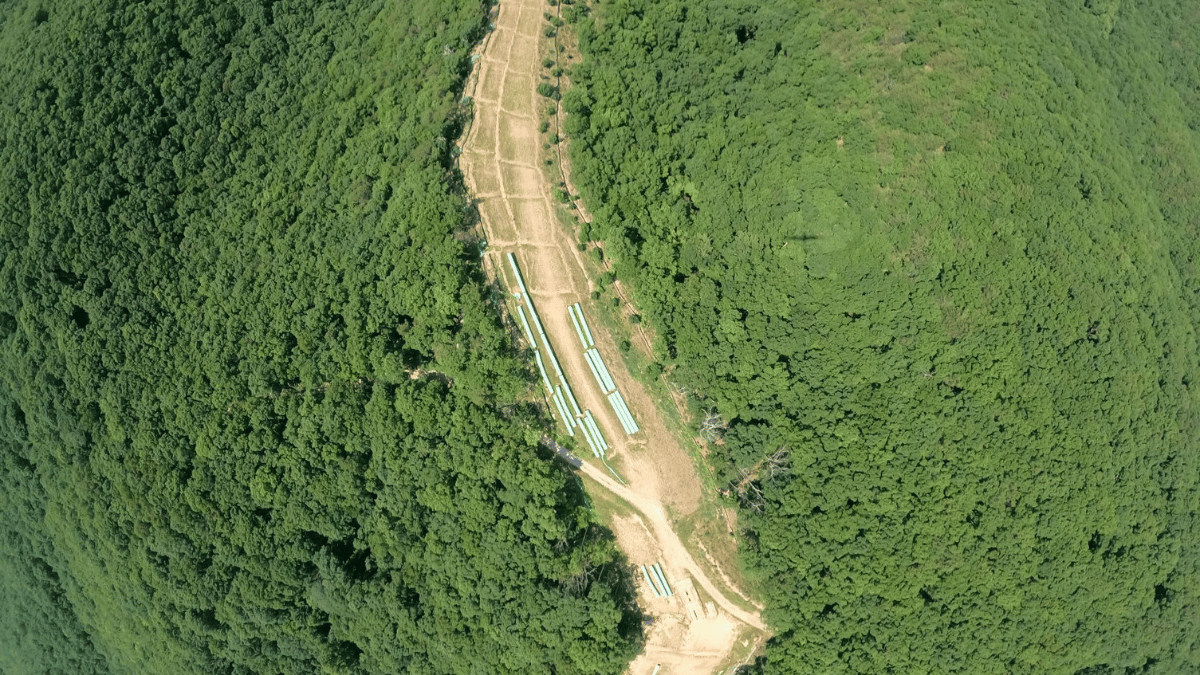Natural gas producer EQT is buying the company that’s building the Mountain Valley Pipeline.
Pittsburgh-based EQT Corporation said Monday it would buy Equitrans Midstream, the company building the 303-mile MVP.
The $7.5 billion project has gone over its original budget and past its original completion schedule because of court challenges, bad weather and labor issues.
EQT was set to be the pipeline’s biggest customer, transporting up to 1.2 billion cubic feet of gas a day of the pipeline’s capacity of 2 billion cubic feet a day.
“Equitrans is the most strategic and transformational transaction EQT has ever pursued, and we see this as a once in a lifetime opportunity to vertically integrate one of the highest quality natural gas resource bases anywhere in the world,” said EQT President and CEO Toby Rice, in a statement. “As we enter the global era of natural gas, it is imperative for U.S. natural gas companies to evolve their business models to compete on the global stage against vertically integrated rivals.”
The MVP opens up gas produced in north central West Virginia to additional markets in the mid-Atlantic, and potentially for export through Gulf Coast terminals.
Environmental groups and landowners continue to fight the project, though federal courts have dismissed multiple lawsuits in the past several months.
The companies value the transaction at $35 billion.
